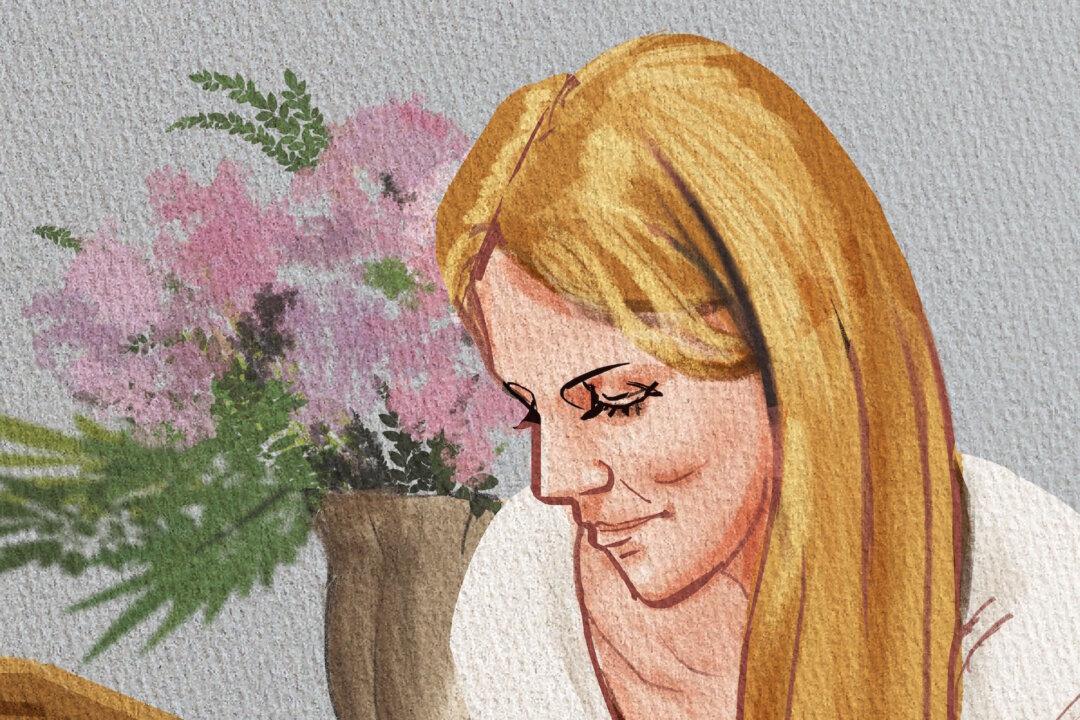Edith Piaf, the diminutive French singer who could belt out a tune like nobody’s business, won acclaim for her song “Non, Je Ne Regrette Rien,” or “No, I Regret Nothing.”
Most of us in adulthood probably don’t share that sentiment. Regret can sit on our shoulders like a paratrooper’s pack, weighing us down by the thoughts of prospects diminished and opportunities demolished. We reach the age of 35 and wonder if our single-minded pursuit of a career has ended the possibility of marriage. Or we look around and see many of our friends successful in their careers while we seem stuck in a job that brings neither wealth nor satisfaction.






